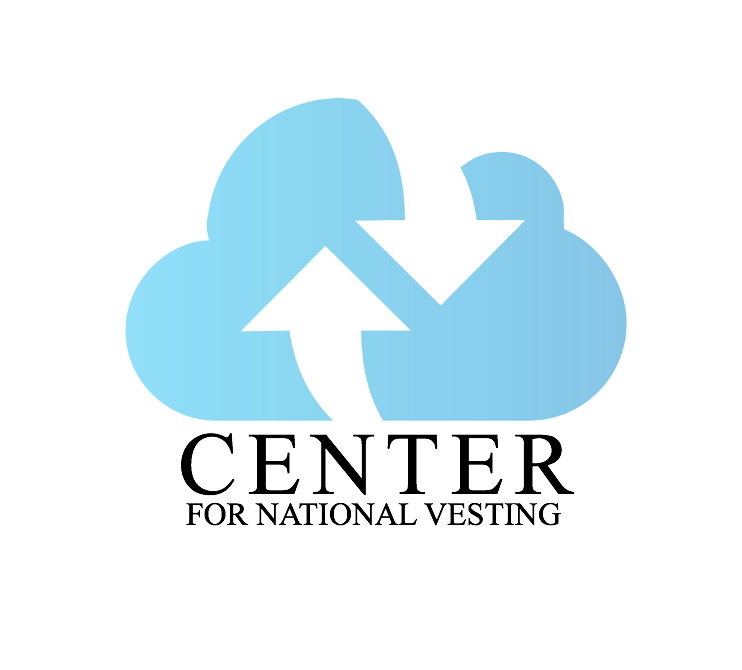Workers can benefit from a vested economic plan
The dormant labor market is reawakening, fueled by a combination of sidelined workers seeking jobs and the looming expiration of federal benefits.
The latest sign came with the June unemployment picture, which showed that employers added 850,000 jobs in June, the biggest gain in 10 months, according to The Wall Street Journal. The unemployment rate itself ticked up a bit to 5.9 percent from 5.8 percent in May as the labor pool expanded.
“Rising vaccination rates, easing government restrictions on businesses and the expiration of unemployment benefits in many states are stoking the latest growth,” the Journal story notes.
The story goes on to say that many employers are “dangling” higher pay and sign-on bonuses to prospective employees to entice them to join.
All good stuff and a positive development, for sure. But as we’ve noted before in this space, the minimum wage for workers is still woefully out of touch with reality.
According to the Department of Labor, 16 states pay the federal minimum wage of $7.25. We called that pay rate deplorable six months ago, and it’s still deplorable now. Until federal efforts are done to seriously address this, more workers will remain mired in dead-end jobs.
We know that more can be done, and we are intent to make a difference at the Center for National Vesting. The first step is to create a livable wage with vested economics. In a vested economy, as detailed in other spots on our website, everyone earns a livable wage. No one is left behind. No one is underpaid.
As you may have heard us explain before, a vested economy is one in which the market surplus is distributed to the individual laborers who produce the surplus through an equitable process. Individuals become vested by successfully completing one or more requirements. For example, someone can be vested by completing an educational requirement or serving in the military.
We’ve equated vested economics to that of a figurative sponge that absorbs an economy’s excess supply of goods and services and a distribution mechanism called National Vesting for apportioning that excess back to its producers in an equitable manner. In other words, no one must earn a poverty wage ever again.
So, yes, things seem to be improving, but we know that we can make a difference to workers nationwide.

